The Current State of College Football
By Brent Schultz on July 31, 2020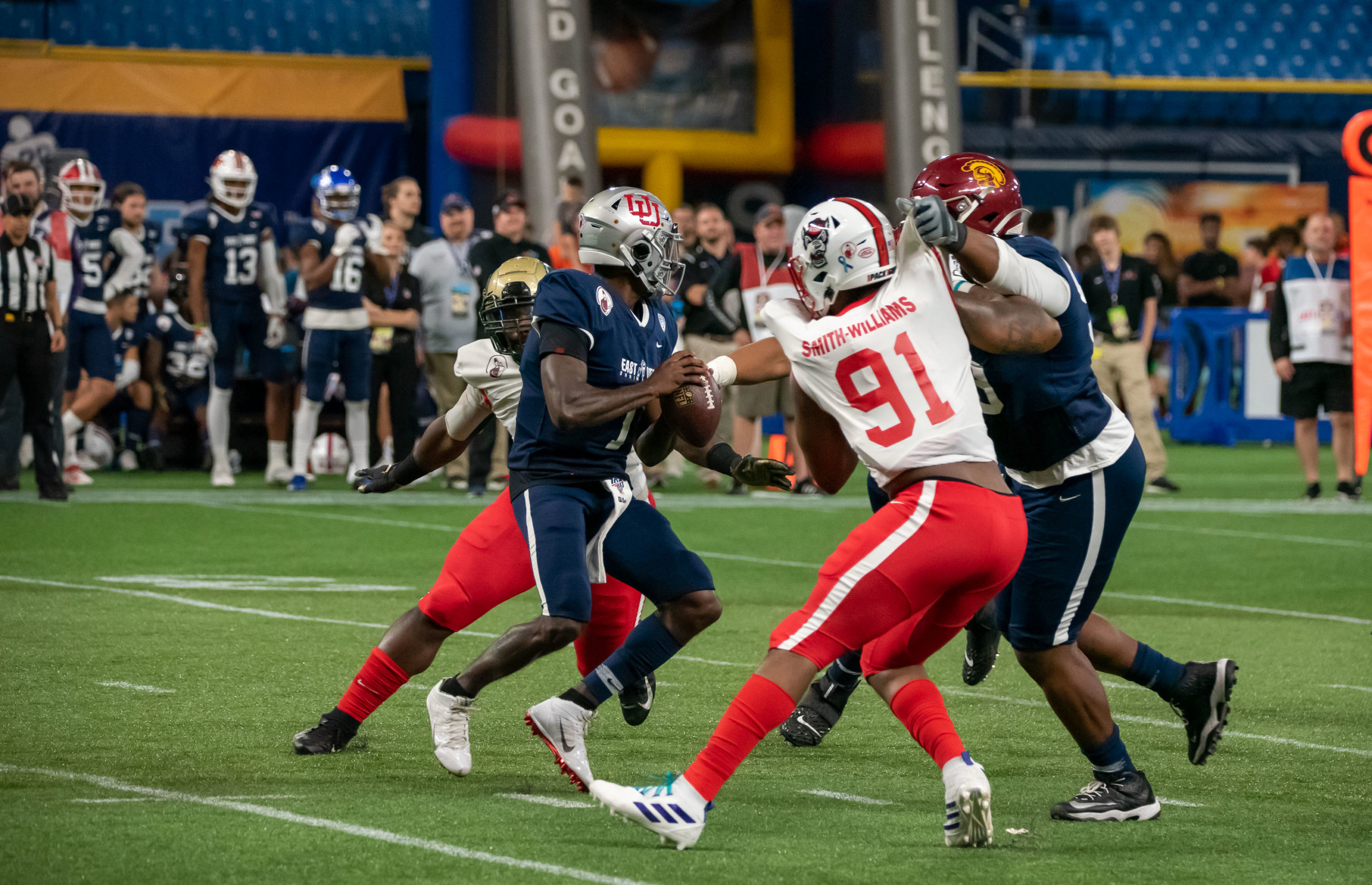
Plans for the college football season (if it is played), should start coming into focus this upcoming week.
They will trickle down from the top of major college football, with Power Five conferences putting in place revised schedules they hope will make it easier to manage potential disruptions brought on by COVID-19.
The Power Five commissioners talked a lot in the spring about the importance of collaboration and trying to launch the season together, with all of the Football Bowl Subdivision acting in unison. The way things are heading, that appears to be out the window.
Here’s where each conference stands with the first scheduled college football games about a month away.
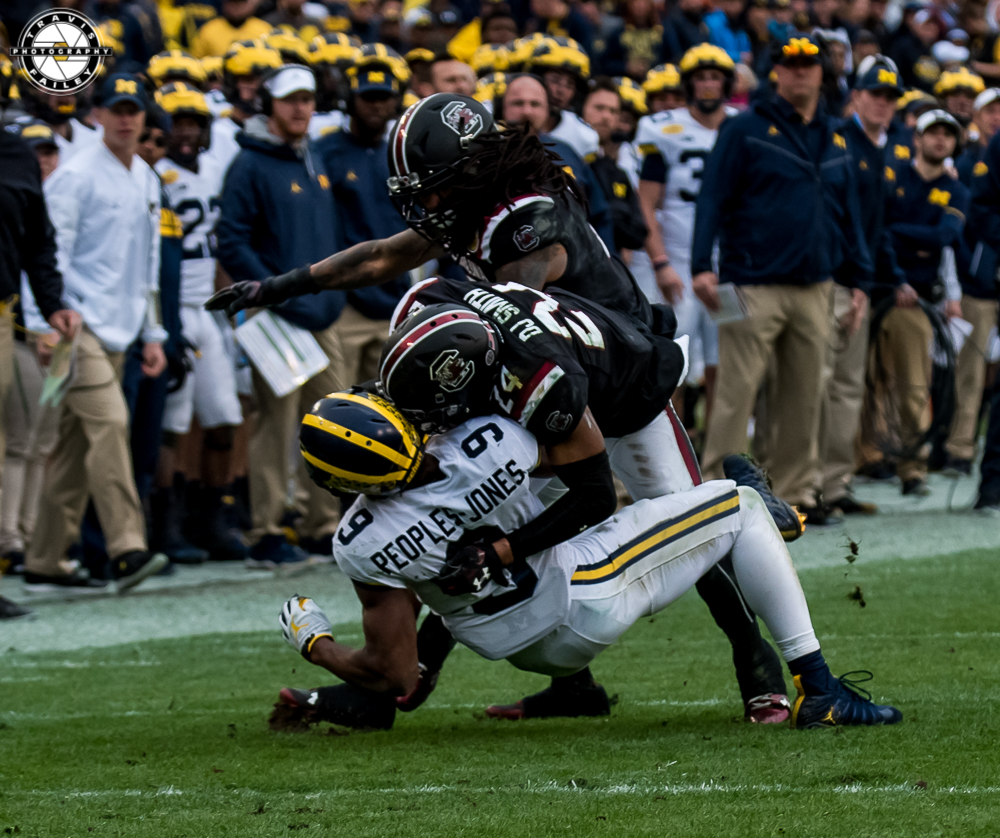
ACC
The ACC board of directors voted Wednesday (7/29) to proceed with an 11-game football season that begins the weekend of Sept. 12 — and includes FBS independent Notre Dame playing a full league schedule — but only if public health guidance allows.
All ACC schools and Notre Dame will play 10 conference games plus one nonconference game of their choosing, and the Fighting Irish will be eligible for the ACC championship game. There will be no divisions for this season only.
The nonconference game must take place in the home state of the ACC institution, and all nonconference opponents must have met the medical protocol requirements as agreed upon by the ACC during the coronavirus pandemic.
The 11 games will be played over at least 13 weeks, with two built-in bye weeks. The ACC championship game will be played in Charlotte, North Carolina, on either Dec. 12 or Dec. 19 and will feature the top two teams with the highest conference winning percentages.
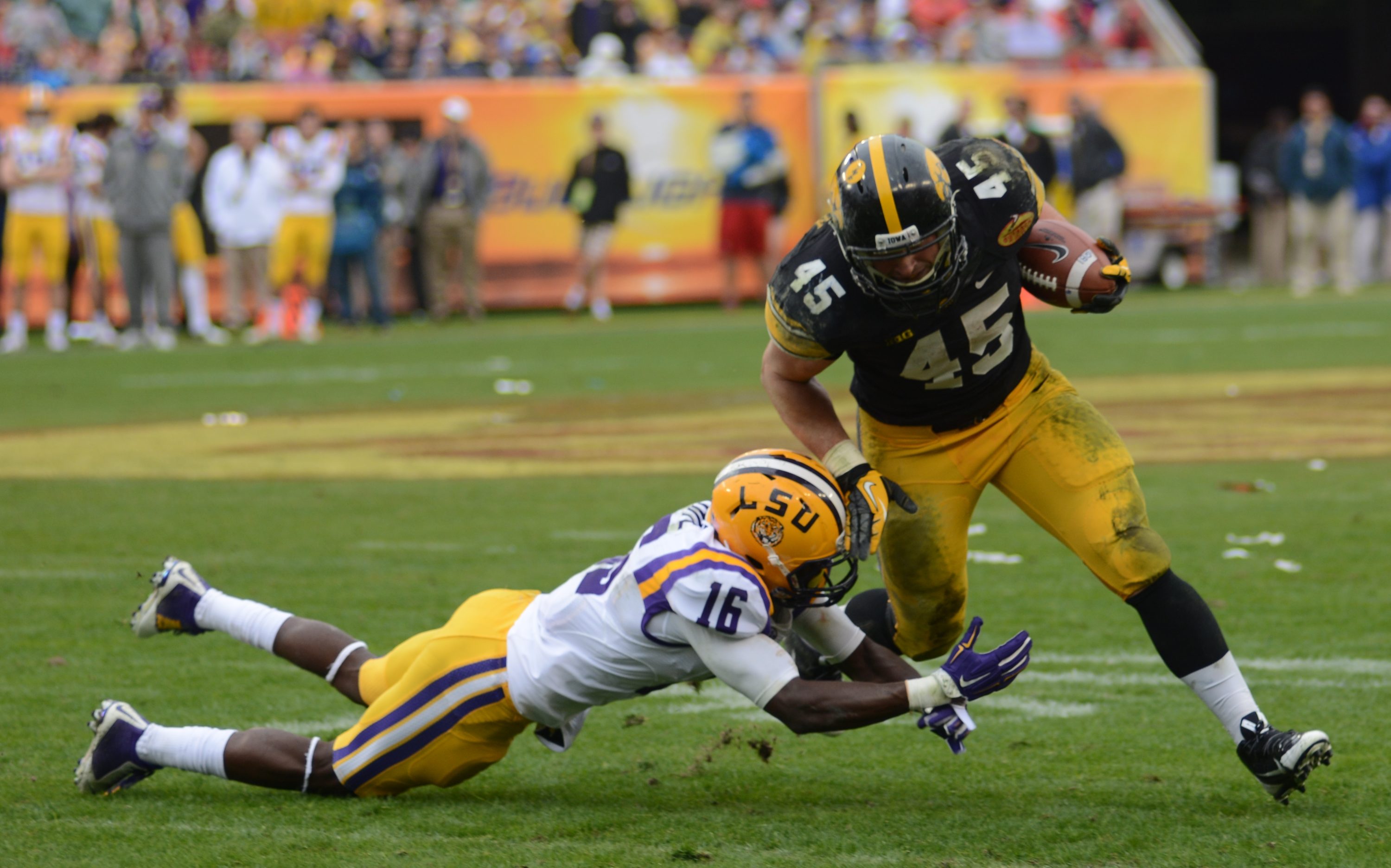
BIG TEN
The first conference to announce it would play only conference games. The speculation has been that the Big Ten would add another game to its existing nine-game schedule to get to 10 and have that in place before the end of July, but the conference has been typically coy about when it will reveal its plans.
BIG 12
The Big 12 has been the conference most publicly determined to try to play all its games. “We decided a long time ago that if we were going to go away from our regular schedule that we would need to be forced into it by the circumstances, by the situation that was there,” Big 12 Commissioner Bob Bowlsby said. “And so far we haven’t been forced into it.”
Instead of delaying the start of the season, the Big 12 is taking the opposite approach, moving the start up to create more open dates for potential makeup games. Kansas has scheduled Southern Illinois (a replacement for another Football Championship Subdivision school) for Aug. 29. Oklahoma also pushed its game against Missouri State to the so-called Week Zero. There have been reports that TCU will play on Aug. 29 against UNLV in the first game at the new NFL stadium in Las Vegas. Both the Horned Frogs and Rebels had games against California canceled when the Pac-12 scrapped nonconference games.
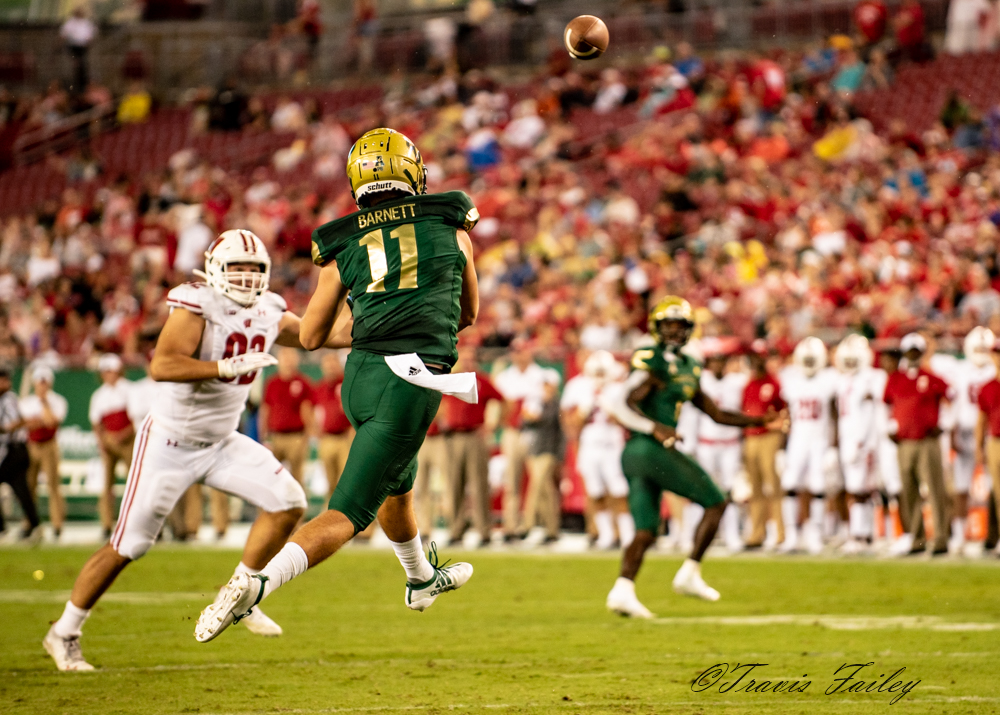
PAC-12
The Pac-12 went conference-only a couple of days after the Big Ten, but it said it would deliver a new schedule by July 31. The San Jose Mercury News reported last week the Pac-12 is expected to go with 10 games and start on Sept. 19. That kickoff date could be moved back as far as Oct. 3 if state restrictions enacted to stem spikes in COVID-19 cases force Pac-12 teams to delay the start of preseason practice.
SEC
SEC athletic directors left an in-person meeting with Commissioner Greg Sankey in Birmingham, Alabama, a couple of weeks ago with a few scheduling models on the table. Conference-only games never made sense for the SEC (or the ACC and Big 12). Why prevent Georgia, Florida, Kentucky and South Carolina from playing in-state ACC rivals? Auburn also is scheduled to play North Carolina from the ACC in Atlanta. The SEC could add a conference game to its eight-game slate. There has also been talk within the league of letting teams play as many nonconference games as they can to try to get as close as possible to a full 12-game season. The Big 12 is taking this approach, too. The SEC’s final decision could linger into next week.
Group of Five
It is not entirely fair to lump the American Athletic Conference, Mountain West, Mid-American Conference, Conference USA and Sun Belt together, but the fact is all are at the mercy of the Power Five in some way.
“We’re paying close attention to what the five are doing,” American Athletic Conference Commissioner Mike Aresco told Yahoo! Sports. “We don’t have any illusions, they drive the train here.”
The Big Ten and Pac-12 already have left holes all over Group of Five schedules and potentially in budgets. Many of those canceled nonconference games came with big paydays for the smaller schools. The MAC lost 11 games against Big Ten teams. The Mountain West is out 13 games, some of them home games, because of the Pac-12’s decision.
But is it worth it? Playing just conference games could save a bunch on travel costs. Those buy games against Power Five teams often fund a big chunk of the rest of the season. If that goes away, some G5 schools might not be able to afford to play a full schedule. Same goes for FCS. This could unfortunately force Universities to choose between having a season or cutting funds for a different program.
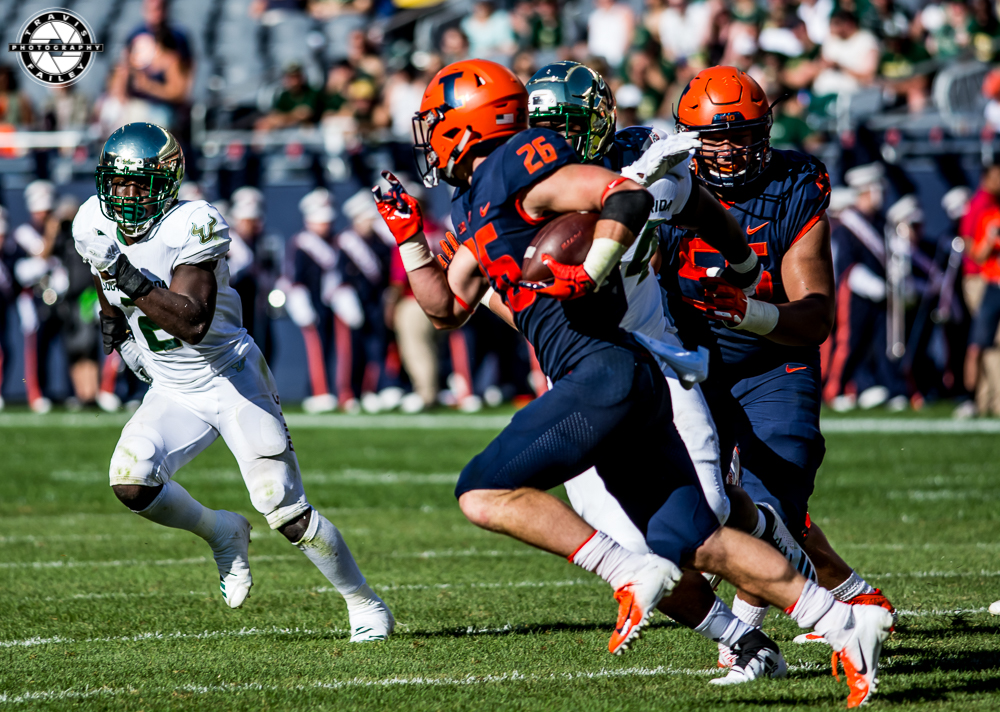
What is the possible College Football Playoff impact?
College Football Playoff (CFP) executive director Bill Hancock has steadfastly said the CFP “will be ready for whatever comes down,” without going into further details on what that could mean for the way the selection committee evaluates teams or whether it is feasible to push the entire playoff back should there be significant delays to the season. Schedule evaluation is always a critical component, and so are marquee nonconference games.
It is still hard to predict what will happen will the CFP because we are still months away from the start date of the playoffs. Many things are still up in the air, such as, the protocols for ensuring Student-Athlete health and safety and also the city in which the games will be played will have their own protocols they must follow.
It is possible that there could be no college football playoffs this year, but it is also just as likely there will be games. It all just depends on how the current environment surrounding Covid-19 unfolds.
Impact to bowl season?
This remains to be seen for now. Bowl games have the luxury of starting preparations after the regular season, so they will be able to make adjustments as they see things that need to be changed. As of now, all bowl games are on as scheduled, and if teams are able to play a minimum of 10 games, those that finish .500 would remain eligible under current rules.
Only one change has been made so far: Teams will be allowed to count two FCS opponents toward bowl eligibility. This will not impact Power 5 schools that more than likely will not have multiple FCS opponents on their schedules, but might help others who need to fill out their current schedules because they have lost games. All Football Bowl Association directors remain flexible on when their games can be played and the NCAA is doing every possible thing they can do to ensure there will be bowl games this year.

Lastly, will fans be allowed to attend?
That all depends on where you live. Texas, for example, is going ahead with plans to have its stadium at 50% capacity. New York Gov. Andrew Cuomo said no fans will be allowed at sporting events in the state in the fall. Syracuse athletic director John Wildhack said the school is seeking further guidance from the governor’s office.
Athletic directors are modeling out various scenarios for capacity, including 25 and 50%, and have polled season-ticket holders about whether they would attend games. If capacity is limited, athletic directors would have to decide which games season-ticket holders can attend. In addition, operations staff have worked on how seating would look in reduced-capacity stadiums (aisles clear, alternate rows), how to ensure social distancing at tailgate lots, and adding extra entry gates to avoid long lines and crowds gathering.
All those models might be for nothing, though. If fans are allowed to attend games ultimately depends on decisions from state, local and university authorities.
Tags: acc, power five conferences





 Tweet This
Tweet This Share on Facebook
Share on Facebook Digg This
Digg This Bookmark
Bookmark Stumble
Stumble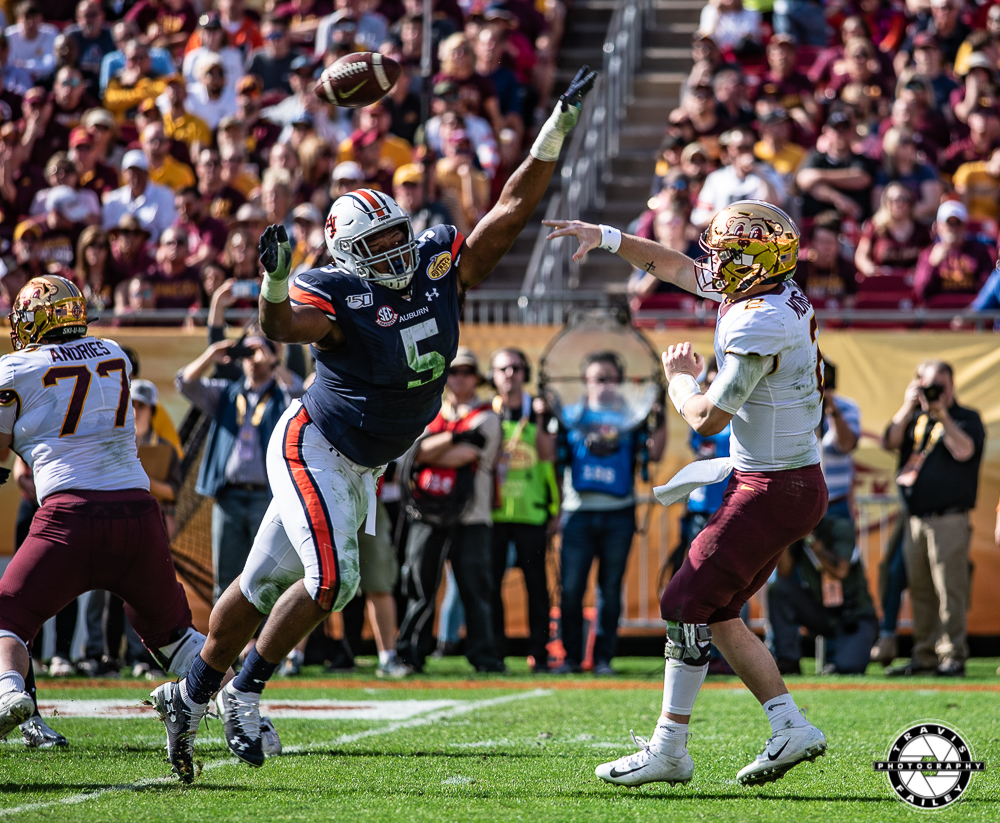





0 Comments
You can be the first one to leave a comment.